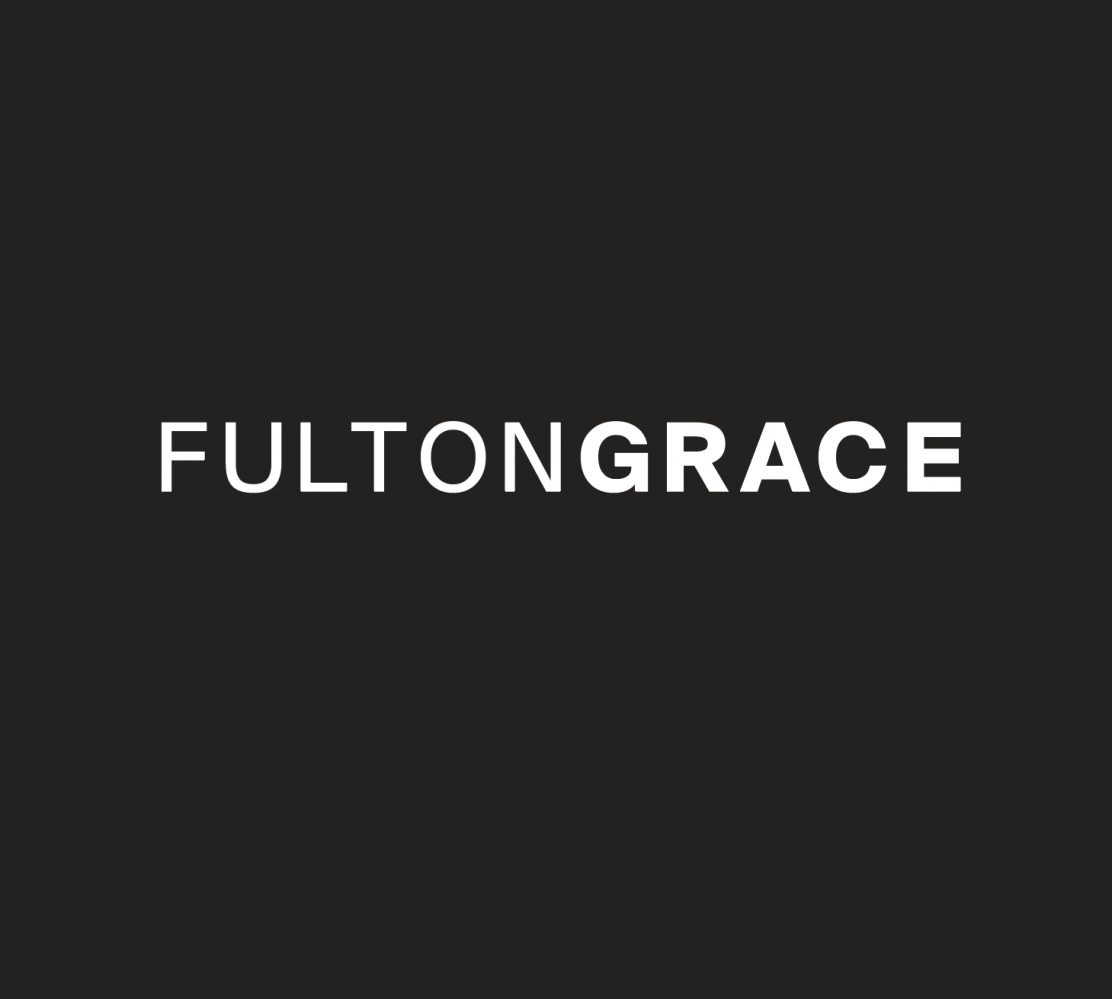Although Millennials make up nearly 40% of the workforce, their homeownership rates are at least 8% lower than Baby Boomers and Gen Xers. While some economists falsely believe that homeownership just isn’t the goal of aging Millennials, that’s often far from the truth. The main reasons why Millennials hold off on buying a home largely amounts to a lower cash flow.
Millennials Move Around More Often
The current job landscape has forced many Millenials to get up and move quickly. If you can’t find a job in your area, the smartest thing to do is move, so you save more money on the commute. Apartments are too expensive already, but adaptability becomes a must when you add on maintenance issues, problem neighbors, and a poor renter’s market.
Landlords can keep their tenants content by upgrading their technology. One of the best ways to collect rent is through e-transfer or e-wallet. Not only are they convenient, but they’ll limit the number of time tenants spend in the rental office scheduling and making billing appointments.
Property is Too Expensive in the City
Many real estate agents in California who have earned their required licensing and permits know just how expensive highly-populated cities are for the total cost of owning a home. Unfortunately, the answer to this question isn’t asking Millenials to move. Areas with lower housing costs and loan premiums typically have fewer jobs and networking opportunities.
The adoption of the remote or hybrid workplace may make it possible for Millenials to move, but that doesn’t solve the housing crisis in larger, more developed urban cities. On top of that, they can’t even save towards a down payment on a mortgage due to high rent rates in the city.

Homeownership Expenses Aren’t Affordable
Millennials who decide to own a home can buy better with The iHomeReport package, which helps them learn about a home’s neighborhood. Unfortunately, many of them won’t get that far because they aren’t prepared to pay for the following expenses related to homeownership:
- Loss of Convenience: Homeownership is a big responsibility for Millenials to take on, especially if they barely have enough time to relax after work. Through renting, you just put up a down payment, get rental insurance, and start paying your rent. On top of that, renters aren’t responsible for the property or its costs if something is damaged.
- A Down Payment: 5% doesn’t sound like much, especially for a home that costs $200,000. However, Millennials understand that a lower down payment leads to high monthly payments, more interest, and a greater likelihood of default. By the way, what decent starter home in America is $200,000 in the big city? There are none.
- Mortgage Rates: The biggest hurdle young Americans have to face is qualifying for a loan. Most Americans have to deal with student loans, car loans, credit card debt on top of their other expenses, meaning they’re more likely to miss payments. 34% of Americans have such poor credit that they won’t even be considered for a bank loan.
- Home to Rent Cost Comparison: While it’s true that buying a home instead of renting will lead to a lower monthly cost, it’s difficult to tell that to someone living paycheck-to-paycheck. In survival mode, you tend to think about what you need right now, not later, and putting thousands of dollars away for a home is just unattainable for most renters right now.
- Financial Risk: All banks consider your home an asset, but they can take that asset away from you. While a landlord can kick someone out, renters aren’t losing their property and their belongings inside if they fail to pay their rent. Millennials see owning a home as a massive financial risk that they may never pursue due to their fears.
Millennials see plenty of barriers when it comes to homeownership, and they aren’t due to laziness or poor spending habits. Many of them would own a home if they could.

Family Building Comes Second
Millennials have lived through 2 economic crises, multiple wars, and a pandemic. If having two Great Recessions wasn’t enough, Millennials also have to tackle future problems like antibiotic resistance, famines, new diseases, and climate change. To top all of that off, Millennials have less time to spend on families because they’re often working longer for less.
Having children is already a risk in itself, but having a couple now could ruin their financial future. With so few incentives to have children, home buying becomes a low priority. Millennials will often prefer rental apartments even if they decide to never have children due to costs.


